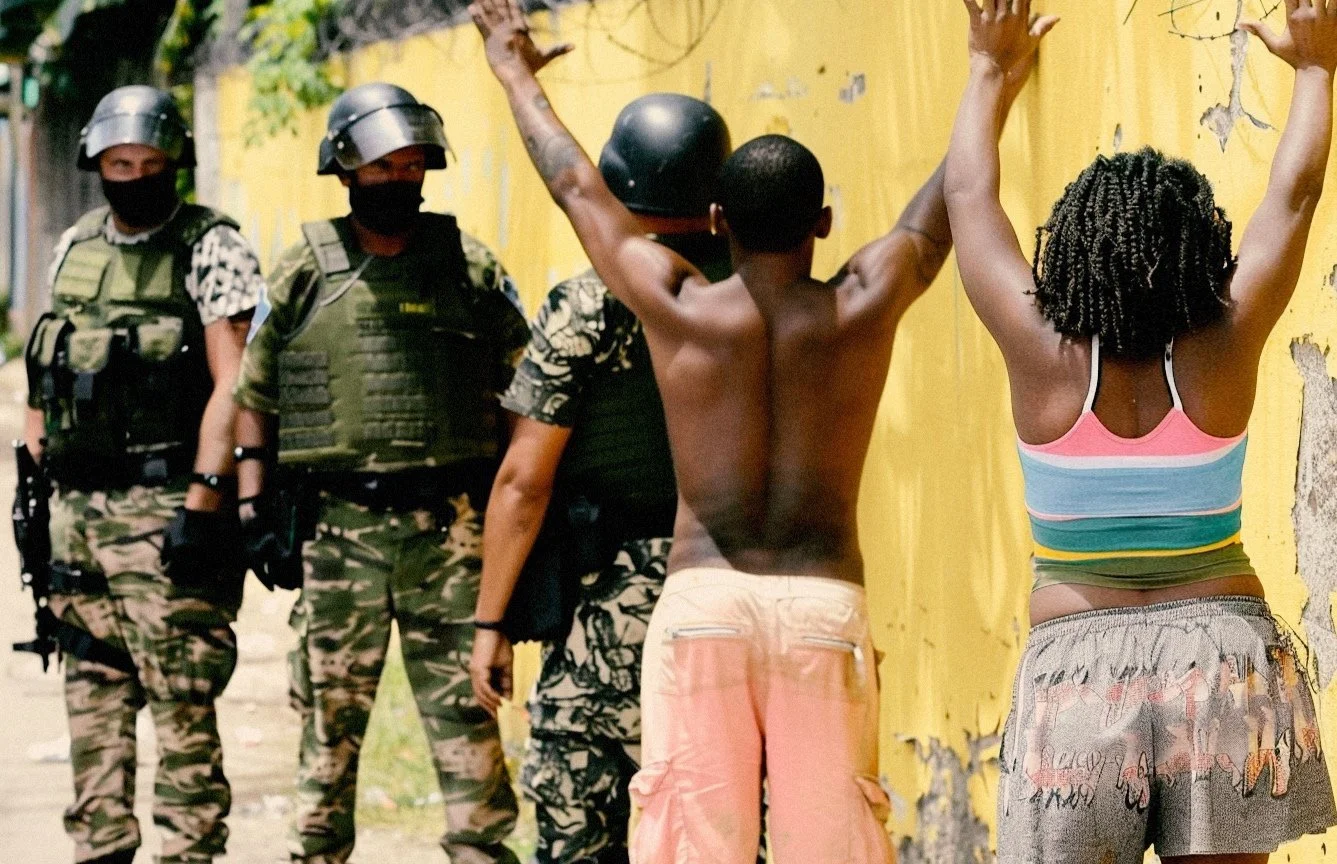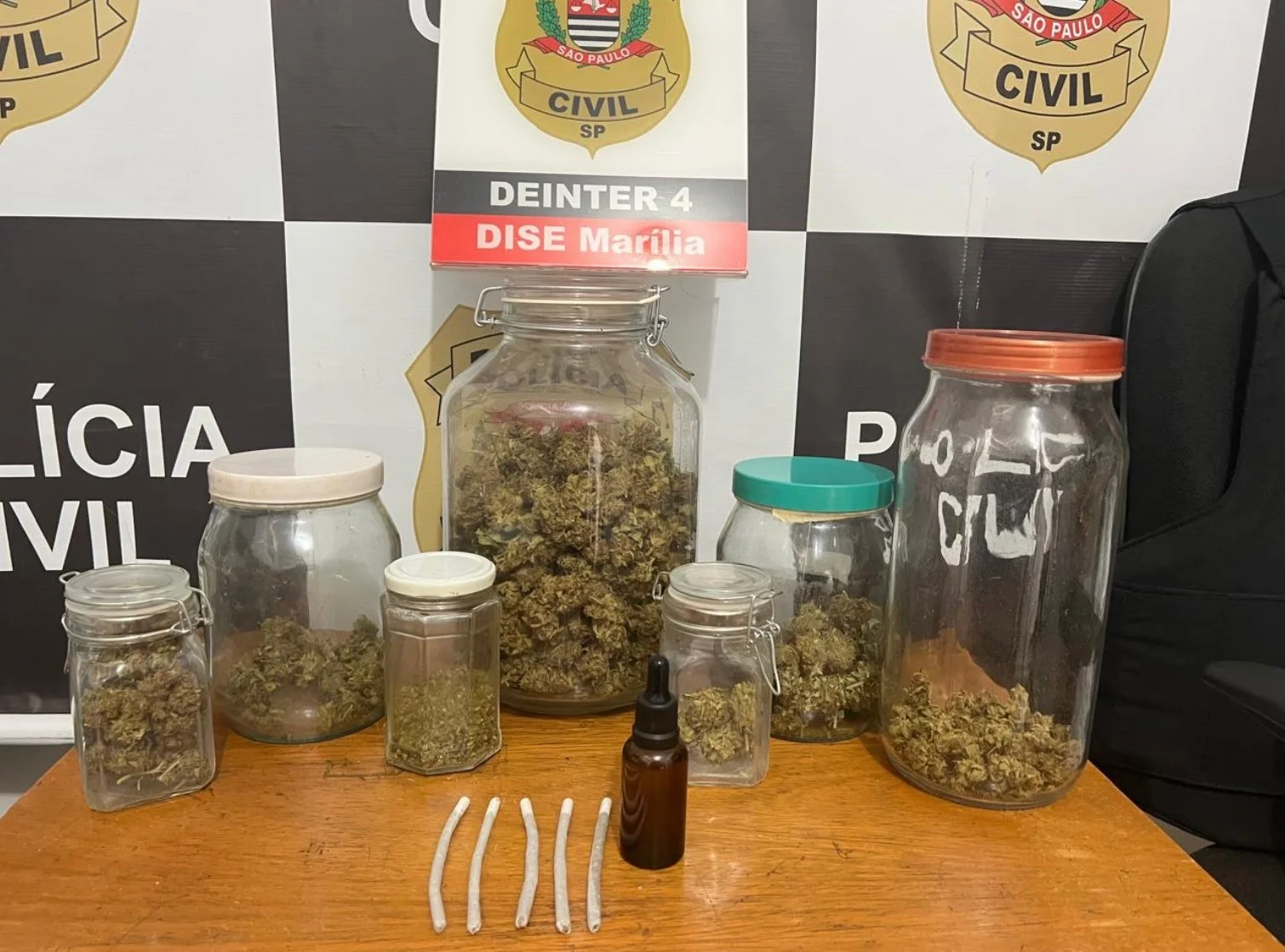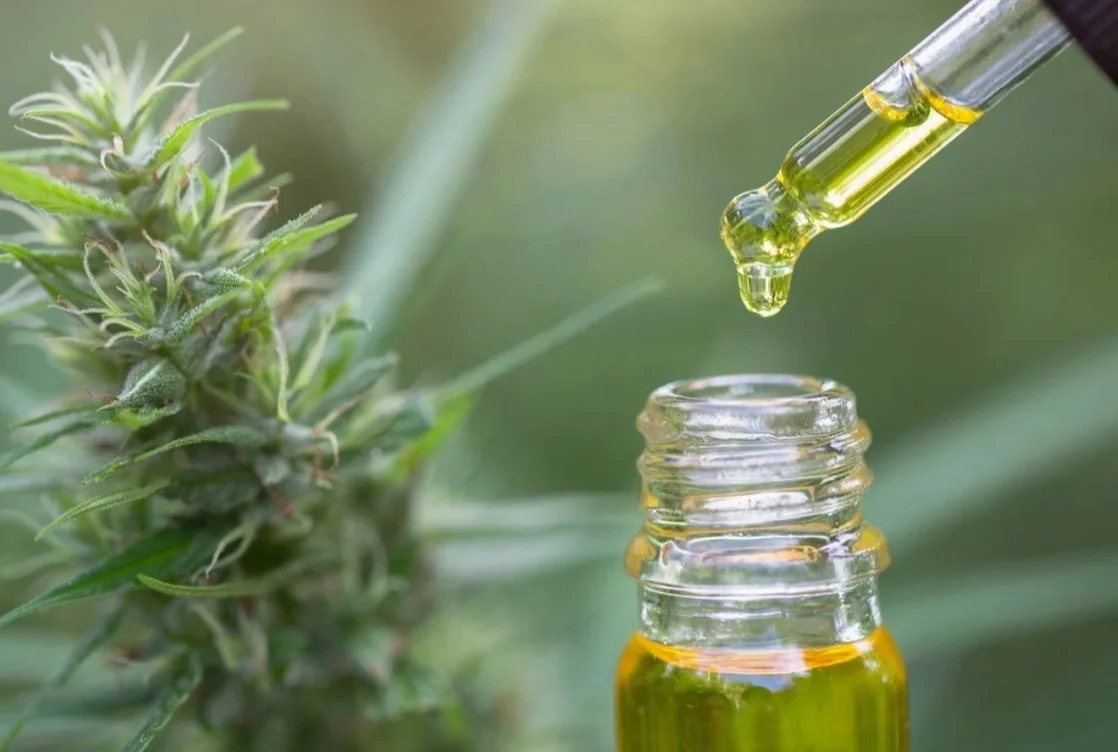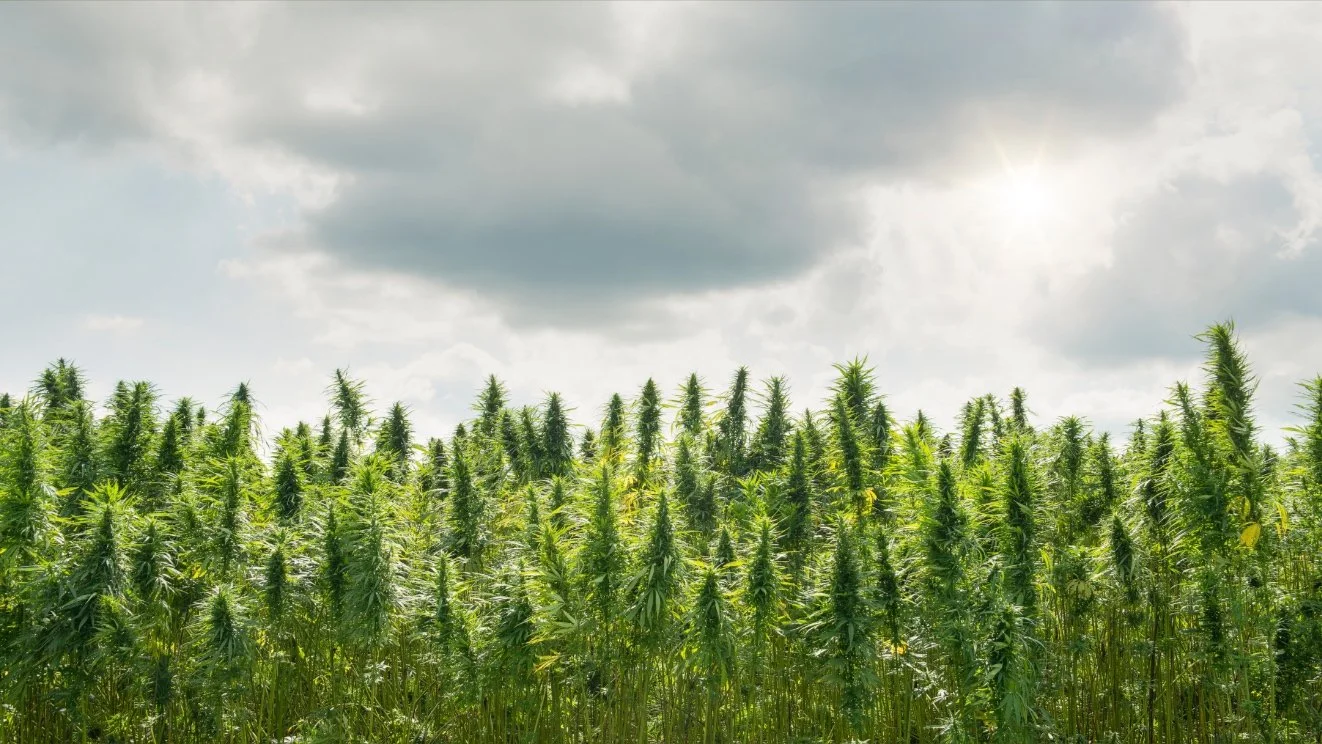Legal For Whom?
The Racist Roots of Cannabis Prohibition Still Haunt Brazil
An elder was jailed for healing himself. The same week, Brazil’s cannabis industry celebrated over R$850 million in profits. Welcome to the age of legal apartheid.
By Héritier Lumumba
Last month in Marília, São Paulo, a 64-year-old man was arrested by Brazil’s narcotics division. His crime? Cultivating cannabis in his own backyard and extracting oil to treat health issues. Officers seized five plants and labeled it an operation for “illegal drug production.”
That same week, Kaya Mind, a consultancy tracking cannabis trends, released new data celebrating the R$853 million ($150 million USD) boom in Brazil’s medicinal cannabis sector. Fueled by corporate imports, government-approved pharmacies, and rising demand, the market had grown by 22% in just one year. CBD oils, topical sprays, capsules, and imported THC blends are now legally available through pharmacies, Anvisa-regulated channels, and even covered under São Paulo’s public health system.
One Brazil grows cannabis and gets raided. The other imports it, brands it, sells it; and gets paid.
From Sacred Plant to State Monopoly
Cannabis prohibition in Brazil was never about protecting health. It was always about controlling Black and Indigenous people.
In 1830, Rio de Janeiro passed the Americas’ first recorded anti-cannabis law, explicitly targeting enslaved Africans and freed persons. The plant, then called diamba, maconha, and Pango, was criminalized not for harm, but for association with African culture and spiritual practices. It was seen as a threat to order, to white supremacy’s fragile hold.
That same racist foundation remains. The War on Drugs replaced colonial laws with penal codes, and the prison became the new plantation. Today, Afro-Brazilians are far more likely to be arrested for small-scale cannabis possession, while the elite now profit from the very thing that once marked us for state violence.
The CBD Economy: Clean, White, and Lucrative
The media now praises the medicinal cannabis sector as modern, scientific, and therapeutic. CBD is marketed as clean, non-psychoactive, and legitimate; a "safe" cousin to marijuana.
But what gets erased is who built this knowledge. The use of cannabis to treat epilepsy, trauma, and pain didn’t originate in a lab. It came from communities, from oral traditions, from mothers treating seizures in the shadows of criminalization.
None of that legacy is being honored.
Brazil now imports cannabis-based medicines from over 400 foreign companies. Pharmacies sell products that cost up to R$2,000 per bottle. Meanwhile, grassroots growers and associations, who have carried this work for decades, are still being arrested, surveilled, and pushed out of the market.
Legalization without justice is just colonialism in a lab coat.
Freedom Shouldn’t Be For Sale
If cannabis is truly medicine, then no one should be imprisoned for using it. If it is culture, then we must honor those who preserved it. And if it is an industry, then it must be built on equity, repair, and truth.
That means:
Amnesty and expungement for those imprisoned for nonviolent cannabis offenses.
Support for community growers and associations; not just foreign investors.
Cultural recognition and reparative policy for the Black and Indigenous communities whose traditions and bodies paid the price for prohibition.
Until then, Brazil’s cannabis legalization is not liberation. It is segregation by law, access, and class.
We Can’t Heal Without Reckoning
The elder in Marília sits in a cell. The CEOs at cannabis expos toast to expansion. But the roots of this plant go deeper than either of them.
They reach back to quilombos. To spirit rituals. To resistance through smoke. To the fire of memory that cannot be patented or erased.
If this moment is to mean anything, it must be a return; not just to the plant, but to the truth.
The question isn’t just: “Legal for whom?”
It’s: “When will justice finally grow where the pain has been planted?”






